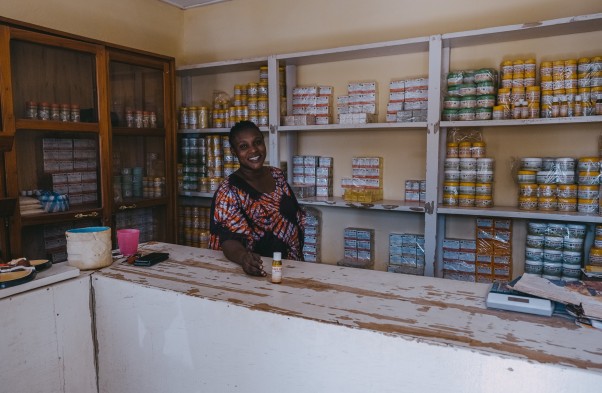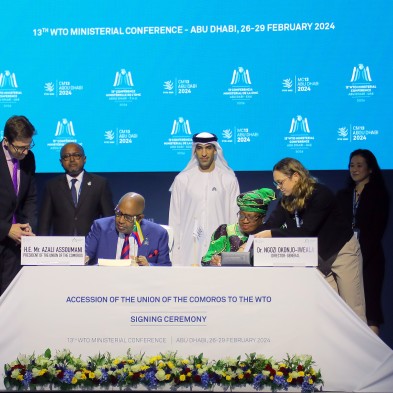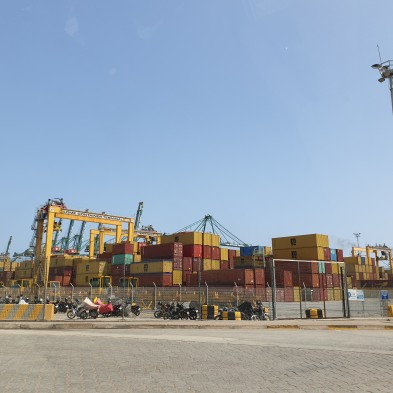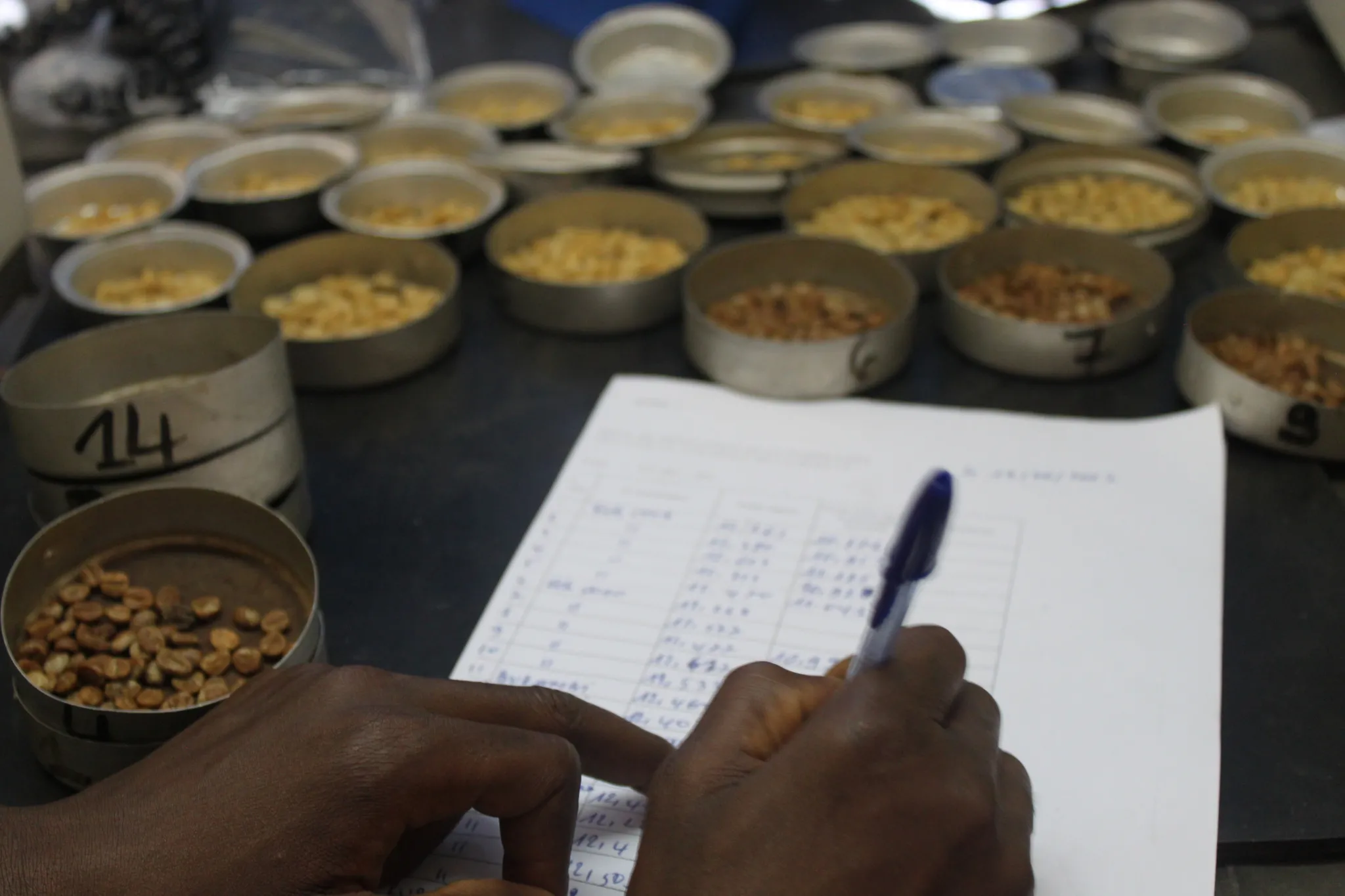
EIF is supporting Burundi to implement trade mainstreaming policies to strengthen the country’s participation in global and regional markets. Burundi has integrated trade into sector strategies for tourism, finance, agriculture, private sector development, regional integration and infrastructure.
Nationally, more than 1,000 sanitary and phytosanitary standards have been harmonized via one EIF project, helping to bring Burundian agriculture exports to international market standards, and the World Bank is scaling up this work with support of US$70 million.

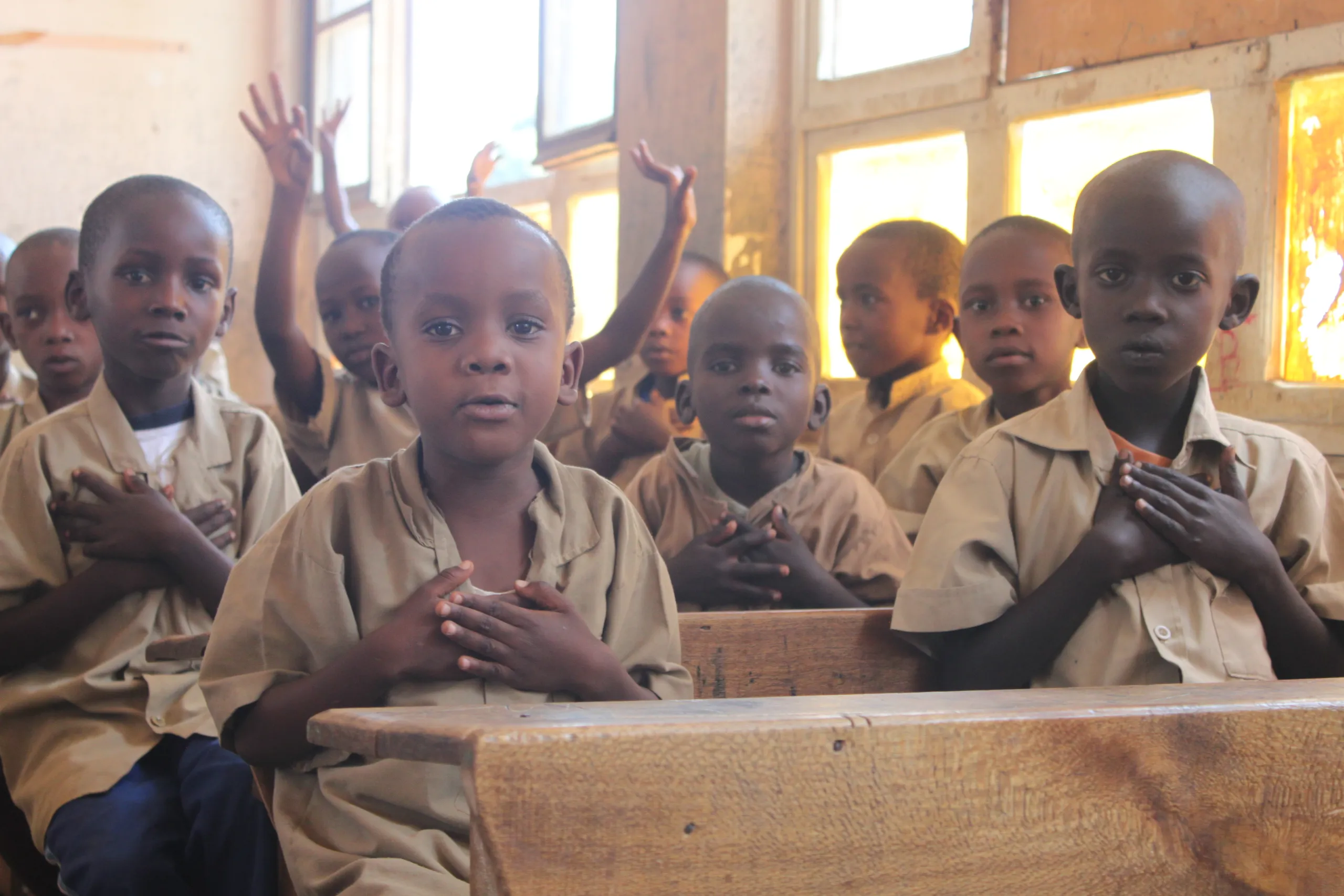
EIF has been working with Burundi for more than six years to strengthen national capacities to build and implement trade policy, and to establish institutional coordination structures on trade matters. During that time, the country has seen significant trade results.
Activities until 2020 will focus on the sustainability of earlier outcomes by building capacity for pro-poor programs for trade development. This will be done through resource mobilization efforts to complement National Aid Coordination Programs for financing trade priorities.
Results:
- A Medium‑term Programme for Aid for Trade outlined the Government’s priorities. Some areas have received financing, including a study to identify niche exports, the enhancement of certain tourist sites and the implementation of a single window for external trade.
- Contributed to the construction of a commercial building for a beekeeper association, and provided 110 improved hives.
- Supported the International Cooperation Ethics Advisory Agency ACECI women’s group to organize an expo to display their products. Since then, the association's monthly revenues have doubled.
EIF worked to improve the national quality system for Sanitary and Phytosanitary (SPS) requirements by providing inspection, standardization and testing services to improve the export competitiveness of the targeted fruit, vegetable and coffee sectors through compliance with international standards.
Results:
- Laboratories received new internationally recognized equipment to analyze products destined for export.
- 80 coffee cooperative employees were trained in coffee certification.
- 8 national experts were recruited to assist factories seeking "Fair Trade" and "Organic" certifications.
To support its exports, Burundi undertook feasibility studies to examine: 1) the construction of a cold storage facility at the Bujumbura airport; 2) support to tourism sector development through the identification and delimitation of tourist sites; and 3) a revision of legislation concerning Burundi’s Export Processing Zone (EPZ) programme.
Results:
- The bill on the protection of Burundian tourism sites was updated based on the recommendations of EIF's National Implementation Unit.
- The review of legislation concerning Burundi’s EPZ was awarded to the Quédraogo-Nihangaza consortium in January 2015.


